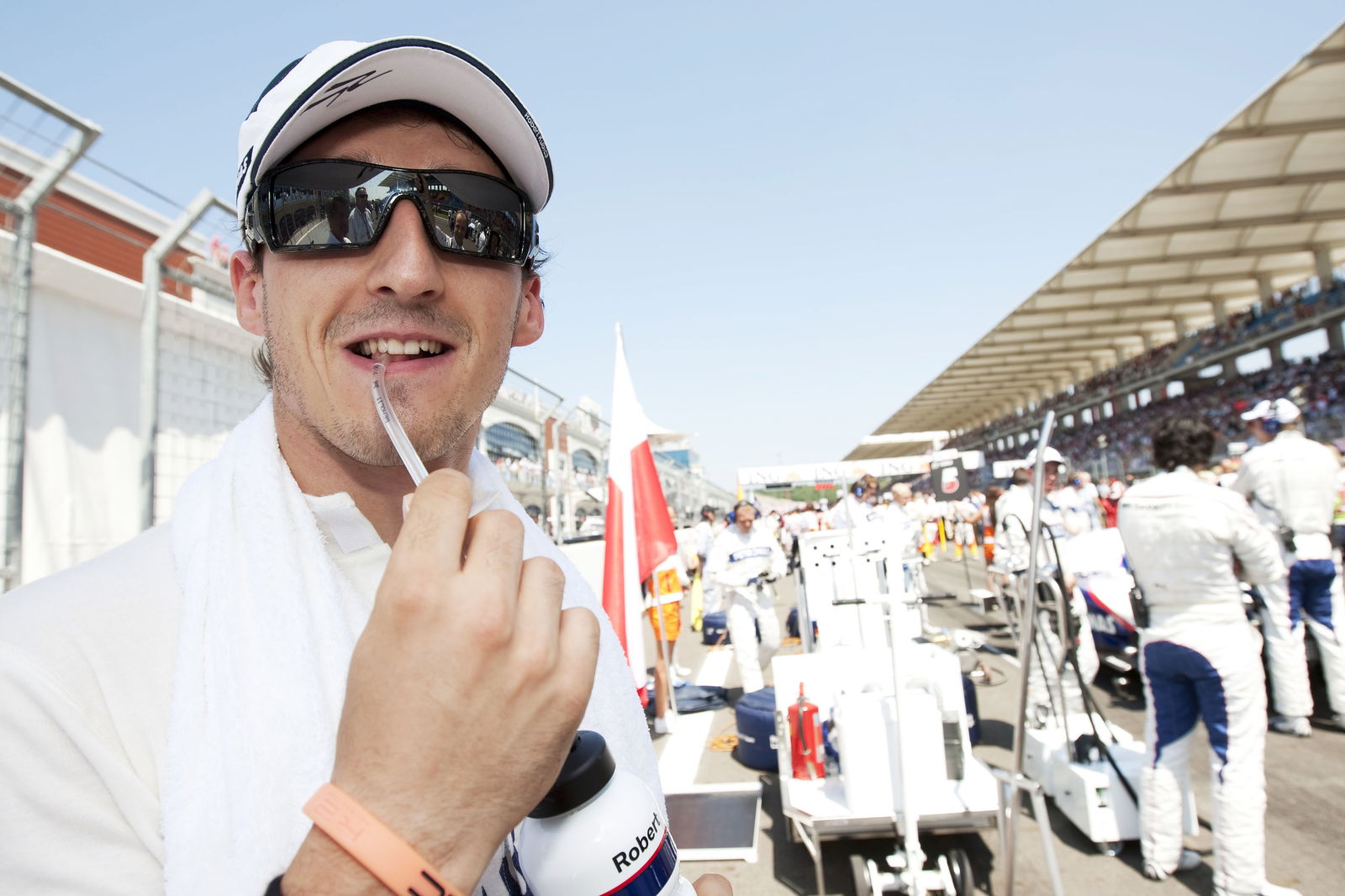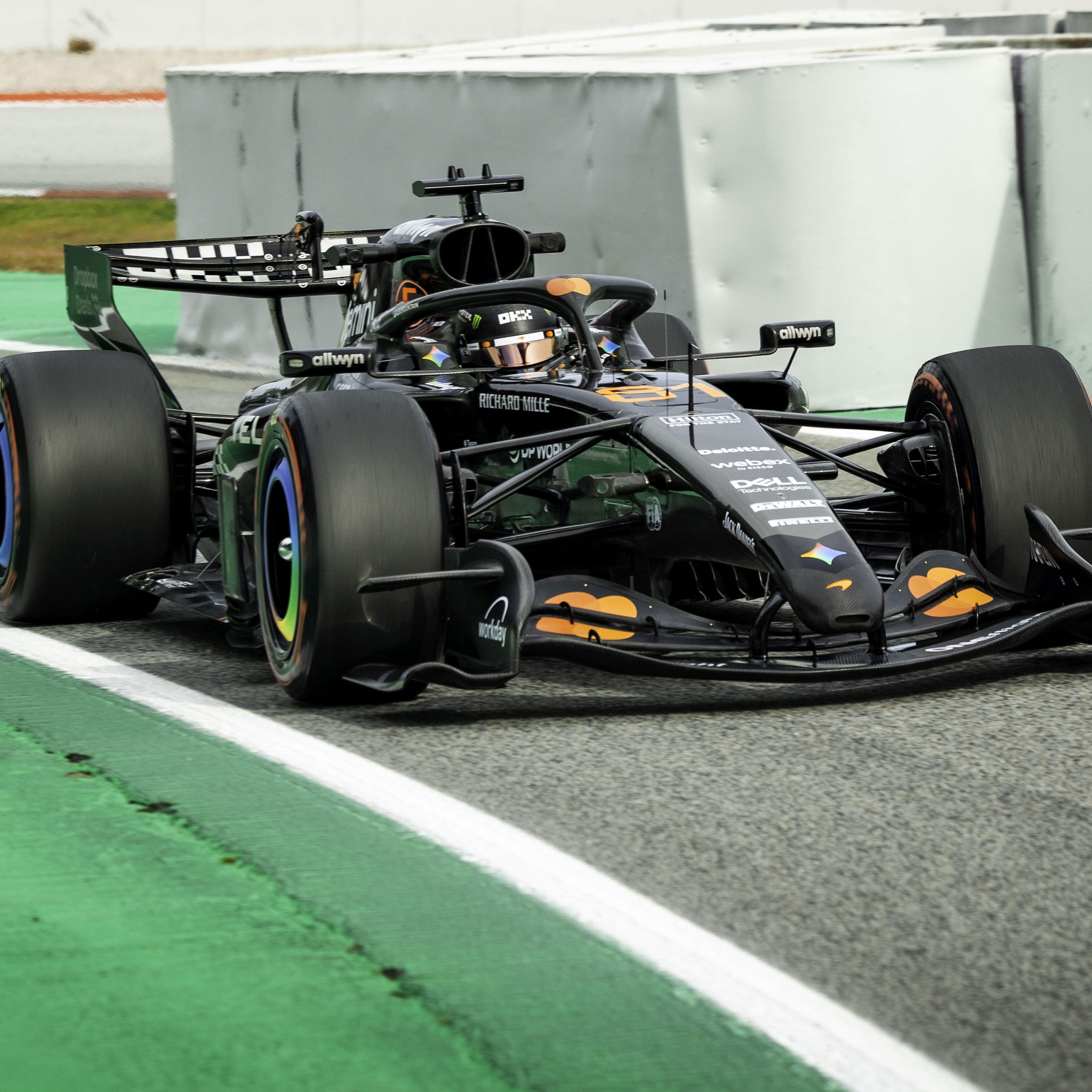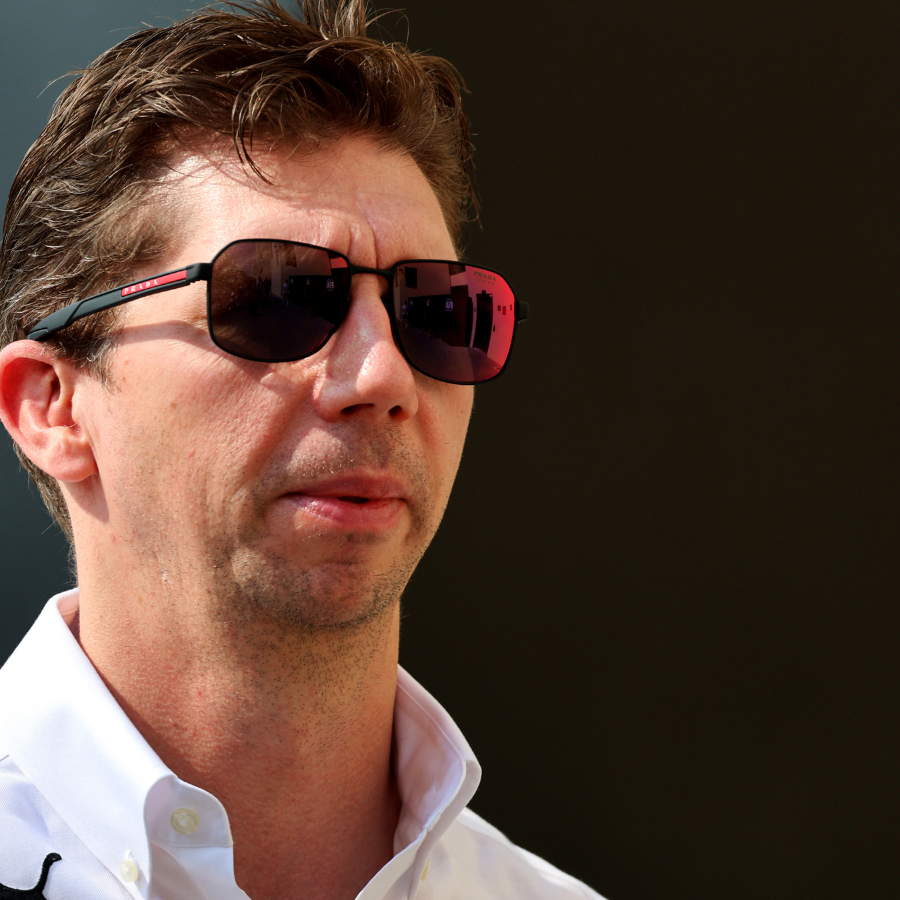Virgin Racing new boy Tai: F1 is no 'Piranha Club'
Virgin Racing team principal Alex Tai might himself be something of a 'virgin' when it comes to F1 - and, it has been mooted, rather a small fish swimming into a very big pond indeed in 2010 with no prior experience of the sport - but he has bluntly dismissed suggestions that the top flight is a 'Piranha Club'.
A former member of the RAF, Tai joined Richard Branson's Virgin Group empire in 1995, and was promoted to the position of CEO of the pioneering Virgin Galactic space flights division just under a decade later. His reputation within the aerospace industry precedes him, but, argue the naysayers, F1 is a very different world, and one requiring a very different set of skills. Be that as it may, he insists he is ready for the task in-hand.
"I have to say that there is a certain amount of mystique in Formula 1 that it is this mafia body that you get involved with," the 43-year-old opined, "but the Virgin brand has been in much more difficult circumstances in the past. When Richard started in the record industry, that's not the easiest industry; in the airline industry there are an incredible amount of dirty tricks - which are very well-reported - that the Virgin brand strived through; and Richard turned around British Rail into a fantastic rail franchise. These are things that required an awful lot of grit and determination.
"We have a certain amount of character that we bring to Formula 1, and I've got to say that we come into a sport that's turning over about $1.4 billion in revenues - whereas the Virgin Group turns over about ?24 billion of revenues. It's a very large group, and it's a very diverse group. What we have is an attitude; this is something that Richard impresses on all of us that run businesses that have the Virgin name. The Virgin name is something that is difficult to get.
"The reason we have announced this now rather than at the beginning of the year is because we have to earn our credentials, so Richard needs to see a sound business plan, something that's sustainable. We do not want to be coming into the sport and then coming out again in a year's time. We've had a very arduous process over the last six or seven months to earn our Virgin spurs as it were. What we've done is that we've found ourselves in a situation where the business model actually does work and where we believe we have sustainability.
"One of the things we need to do is show that we can bring something different; when Virgin Records existed, when Virgin Trains came along, when Virgin Atlantic came along, they had to provide a difference. What we want to do is to provide value for money - to our sponsors and to the billion fans around the world. There is a huge amount of passion that Richard and I felt when we came into Brawn last year that is not communicated very well to the public. The media absolutely need more access to the lifestyles of our drivers.
"We're not coming in as a very clinical engineering outfit; there is that, but in exactly the same way as Virgin Atlantic goes to work and is absolutely a very professional, safety-conscious airline, it also has a little bit of attitude and a little bit of fun and communicates better to its passengers. That's exactly what we need to provide. Richard designed a club for our upper-class passengers at Heathrow, and he spends ?14 million looking after people before they get on the 'plane - now people turn up ten hours early to get on our flights! This is the sort of thing that we will bring; we will provide extra value to our customers, who are the fan base, but before we do that we need to earn their respect and the respect of our peers in the paddock."
As to his own personal role as the effective driving force behind one of the four F1 2010 newcomers - and arguably the one of which the most is expected, based upon progress and impressions thus far - Tai is confident and at ease, explaining that whilst Virgin Racing will be 'very collegiate' and take a keen interest in the affairs of the Formula One Teams' Association (FOTA) off-track, on-track there will be no such pleasantries.
"With the space industry, my job was to lobby at congressional level at the White House with the Federal Aviation Authority - and this is in an industry where you won't find that American Airlines and South West and Blue will fight any less hard than a Ferrari, a McLaren or a Williams," he contended. "What we're finding, and what I'm finding sitting on the F1 Commission and in FOTA, is that everyone needs to look at the collective health of the sport.
"We're finding that there's an awful lot of help and assistance being given to us by other teams, because we all realise that our collective health is based upon a stable platform in the sport. We will fight tooth-and-nail on-track, we will absolutely drive through other teams on the way to success on-track - but we will probably be very collegiate off the track and behind closed doors.
"I think that's really important now; I think the Formula One Teams' Association provides that stability, provides that unanimity and that collegiate approach - and I've got to say it's not a 'Piranha Club', it's not full of sharks and we've been in much more difficult situations in the past. Richard has provided an awful lot of training for his CEOs and his management level to get through these situations."
Another one of Virgin's goals is the foundation of a young driver academy running on down through the different formulae by way of Manor, which made the original F1 application that Virgin subsequently took over. Equality of opportunity, Tai explains, is very much the watchword.
"We want to make the sport more accessible," he reasoned, "and not just as a participant's sport for rich kids. That's not a democratisation of the sport. We are looking for ways now to try to open up and give the opportunity to drivers of all economic backgrounds, sexes and countries to be able to access the sport. This is something that every new team says when it comes into the sport, so before we start talking definitively about how we're going to do it, we're going to pressure-test the system and make sure it works - and then we'll come out with the plans."






